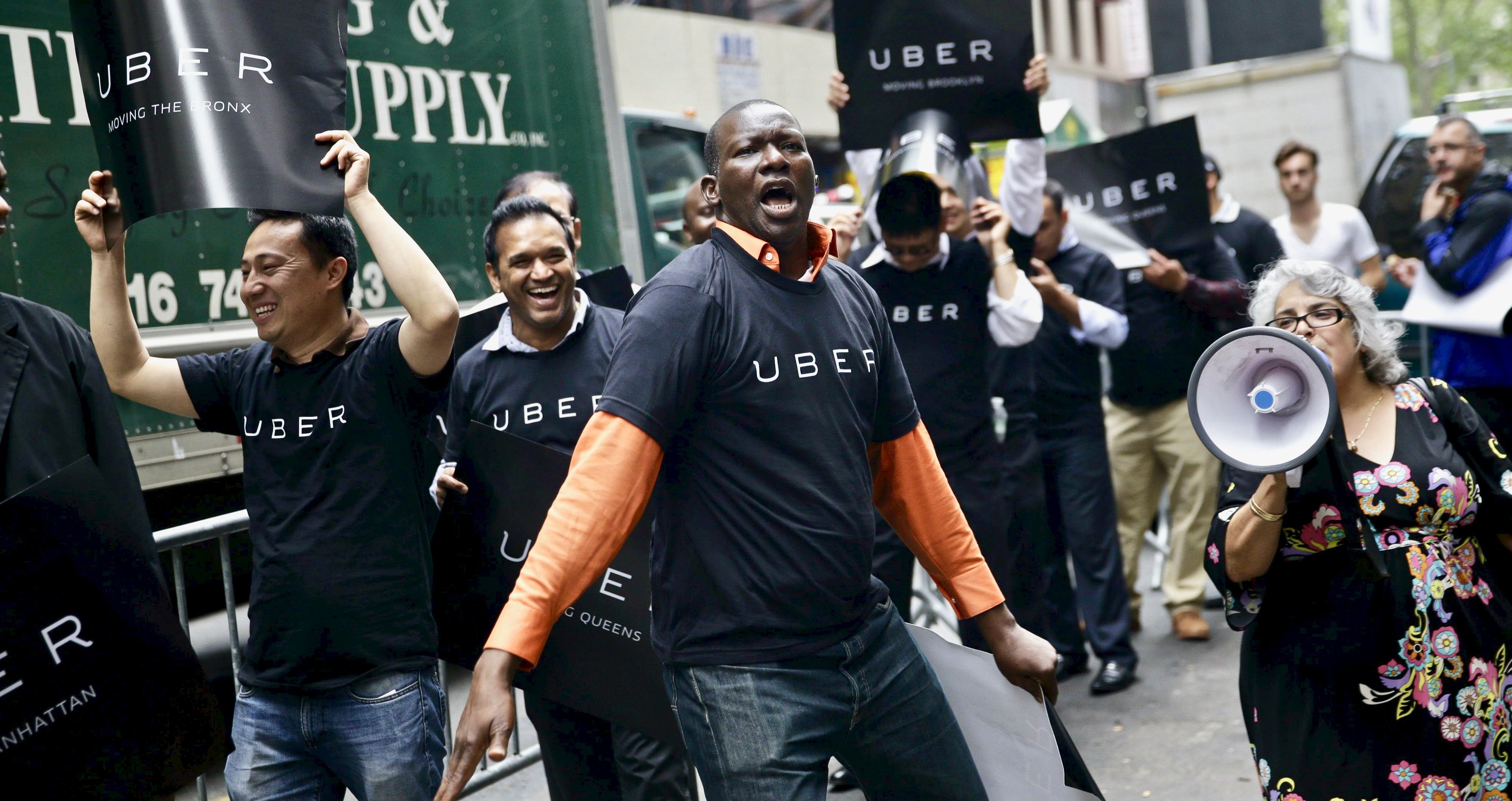New York City is hoping to limit the expansion of Uber, Lyft, and other app-based rideshare services by implementing a temporary cap on new cars.
The New York City Council approved a bill last Wednesday that includes a one-year moratorium on new licenses for rideshare vehicles while the city studies changes in the industry. The council also voted in favor of a minimum rideshare driver wage that would be on par with the wage for yellow cab drivers.
Advocates for the bills say both the traditional taxi industry and app-based services are being hurt by the unlimited number of rideshare vehicles taking to the streets. They also claim rideshare apps have worsened traffic problems in the city. Opponents, however, say Uber and Lyft provide a necessary service to neighborhoods that are poorly served by taxis.
Meanwhile, Uber and Lyft say the cap will result in longer wait times and less reliable service. Council speaker Corey Johnson, a Manhattan Democrat, however, says New Yorkers won't be affected in their daily commute. “I think New Yorkers can rest assured,” Johnson said. “If they depend on an Uber or a Lyft — that’s not going anywhere.”
Council Member Ruben Diaz Sr, a Democrat from the Bronx, says the new legislation will level the playing field. “Uber has about 80,000 vehicles in the city already, and no regulation — you think Uber is a taxi? We don’t even know what Uber is. Now, we want to regulate Uber, and Uber will be a taxi.”
New York will become the first city in the US city to halt the total number of rideshare vehicles. The city is also where rideshare apps have their biggest returns. Residents have increasingly depended on rideshare services to supplement or even replace the city’s lackluster public transportation system. Currently, there are over 100,000 rideshare vehicles in New York, beating cabs four to one. Johnson agrees that these vehicles contribute to traffic congestion, citing a study that showed that more than a third are empty at any given time.
“The City’s 12-month pause on new vehicle licenses will threaten one of the few reliable transportation options while doing nothing to fix the subways or ease congestion,” Joseph Okpaku, vice president of policy for Lyft, said, “These sweeping cuts to transportation will bring New Yorkers back to an era of struggling to get a ride, particularly for communities of color and in the outer boroughs.”
RELATED: Uber Is Trying To Break Back Into The London Taxi Market
The move comes as a growing number of international cities have tried to limit or ban rideshare vehicles in an effort to protect their local taxi industries.


